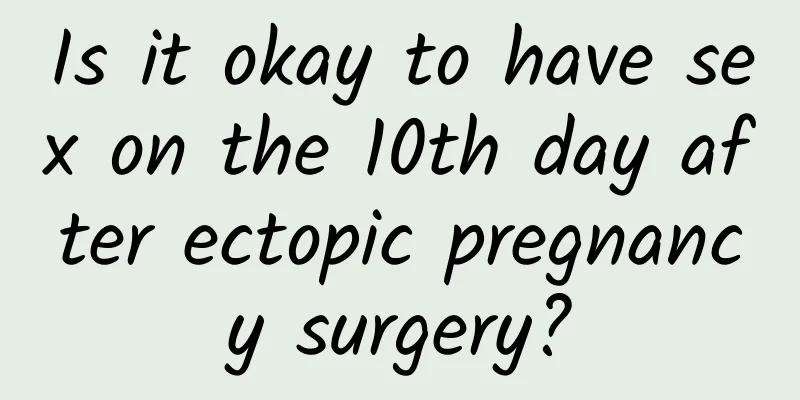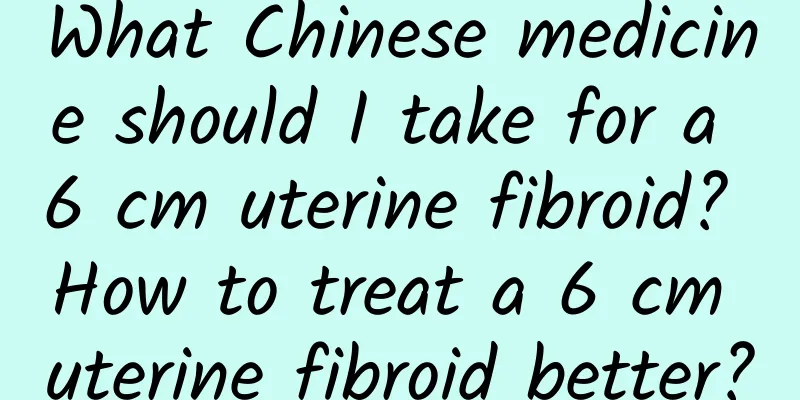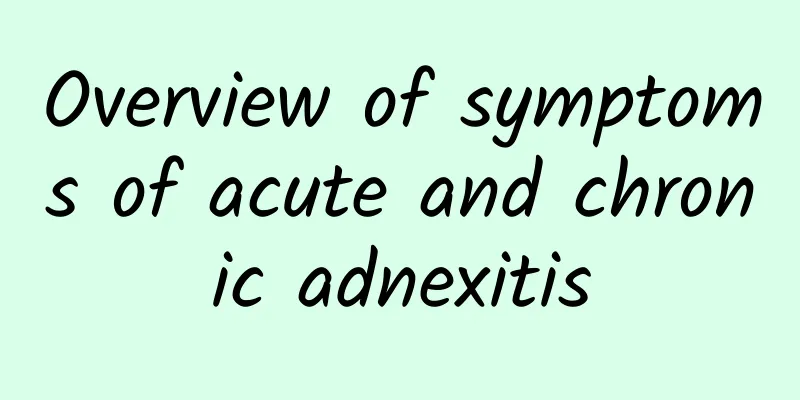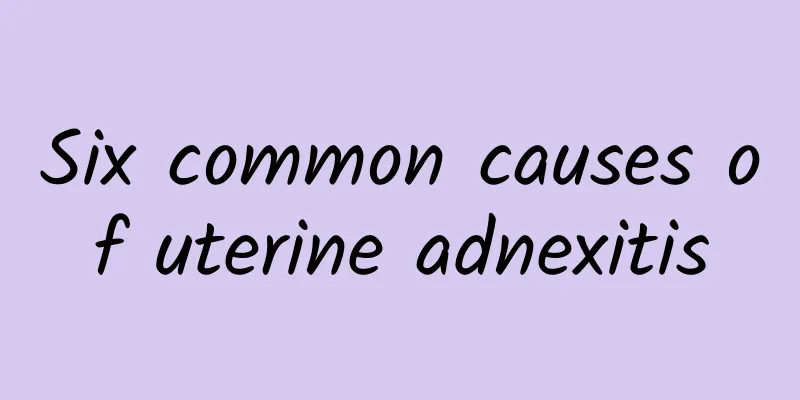How should women with uterine fibroids be treated? Common treatments for uterine fibroids
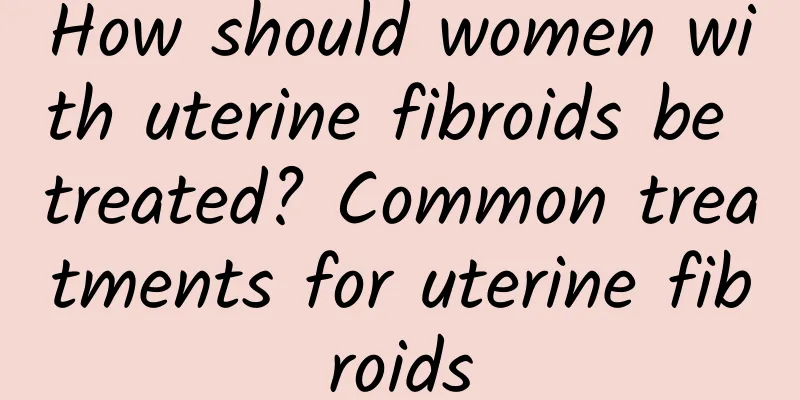
|
Women over 30 and under 50 have a high incidence of uterine fibroids. Most uterine fibroids are benign tumors, but they have certain hidden dangers. How to treat women with uterine fibroids? Uterine fibroids are a common gynecological disease in women, and multiple fibroids are the most common. Uterine fibroids are formed by uterine smooth muscle cells and a small amount of muscle fiber tissue. Uterine fibroids pose a great threat to patients' daily lives. We need to understand the symptoms and treatments of multiple uterine fibroids. There are many treatments for uterine fibroids, including surgery and Chinese medicine. Most patients with severe cases will receive surgery. Treatment should be based on the patient's age, the size of the fibroids, and the condition of the fibroids. For young patients who need to maintain fertility, premenopausal women, and patients with small fibroids and mild symptoms, medication can be used. Women who want to get pregnant can shrink the fibroids to promote pregnancy. Surgical treatment can completely eradicate the patient and eliminate the root cause of the disease. Surgical treatment includes myomectomy and hysterectomy, which can be performed through the abdomen, vagina or endoscopy. Traditional surgery is direct laparotomy, and endoscopic surgery is the use of high-tech equipment such as endoscopes to perform resection surgery. Compared with traditional surgery, endoscopic minimally invasive surgery has less trauma, less bleeding, shorter operation time, and faster postoperative recovery. Generally speaking, fibroids are small in size, asymptomatic, and require no treatment, but regular gynecological examinations and prevention are required to prevent fibroid growth and malignant changes. Surgical treatment is best for patients in the middle and late stages. Due to the harm caused by fibroids, if treatment is delayed, it may further infect other organs and endanger the patient's life. After treatment, the patient will become infertile. |
>>: How to treat uterine fibroids? How to use medication for uterine fibroids?
Recommend
What are the medicinal diet methods for thick endometrium
Many gynecological diseases are very harmful to w...
Secondary dysmenorrhea is caused by many factors.
Secondary dysmenorrhea is caused by many factors,...
Experts reveal how to effectively prevent cervicitis?
Cervicitis has a great impact on patients, bringi...
What are the effects of taking contraceptive pills after abortion? There are 4 major effects
Many women who have an unexpected pregnancy will ...
What to eat to restore ovarian function
We all know that a good diet is helpful for recov...
What are the hazards of a second abortion? Frequent abortions for women will cause three major hazards
When women have an unexpected pregnancy, they nee...
Will cervical erosion recur after surgery?
Will cervical erosion recur after surgery? If the...
What drugs can cause amenorrhea in women?
Amenorrhea is a common symptom of gynecological d...
Will the stomach hurt a lot after medical abortion? These symptoms will appear after medical abortion
Medical abortion can cause the uterine vesicle to...
What are the emergency measures for ectopic pregnancy?
If the ectopic pregnancy patient around you sudde...
Western medicine treatment of bacterial vaginosis
Western medicine treatment 1. Oral medication the...
What are the principles of prevention of endometrial tuberculosis?
Prevention is better than cure, especially for di...
How to effectively treat vulvar itching
Vulvar itching is very embarrassing and awkward f...
Care for cervical hypertrophy is important to remember
Experts say: Patients must complete the course of...
How much does it cost to treat functional uterine bleeding?
Functional uterine bleeding, also known as DUB, i...

